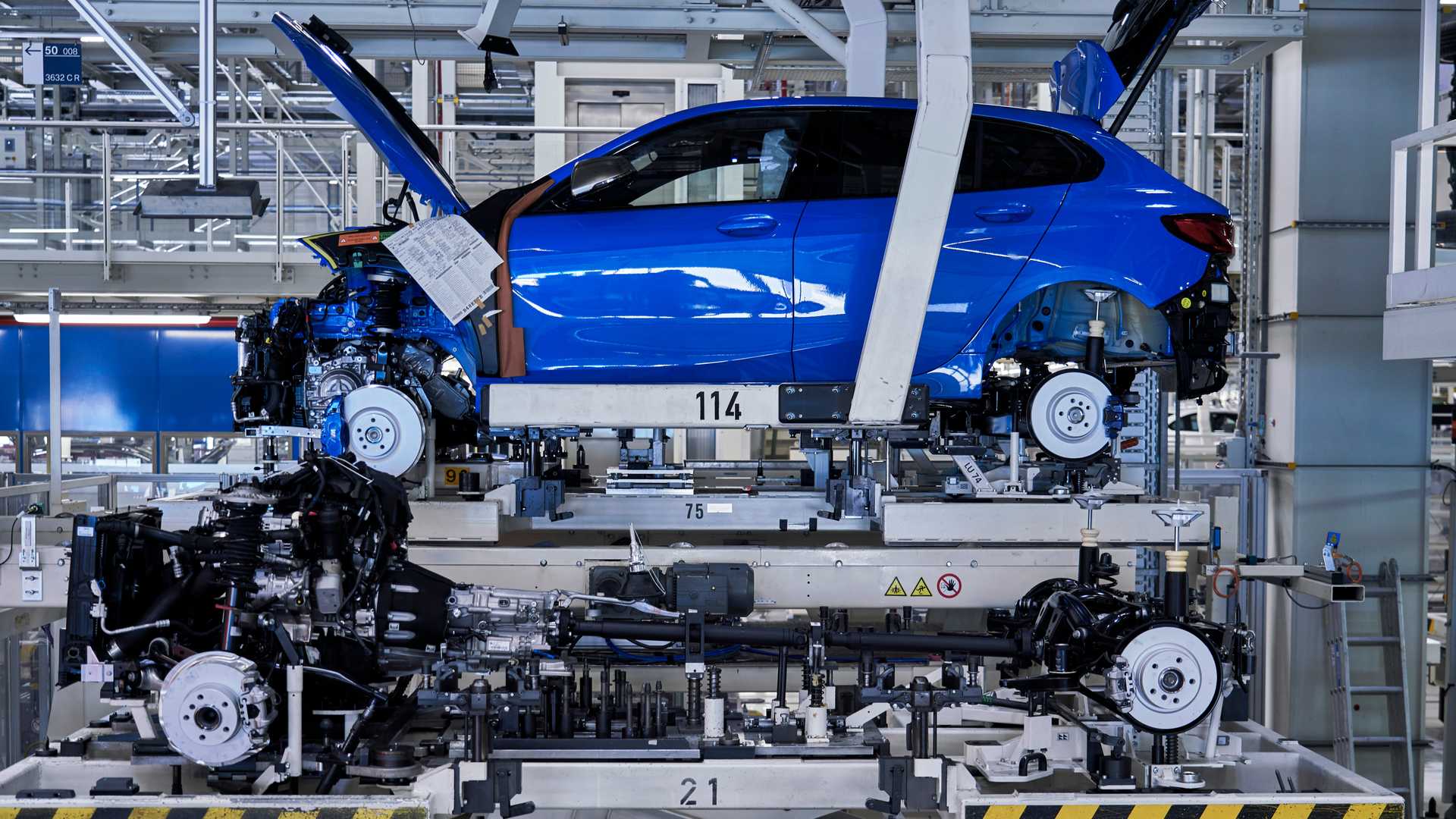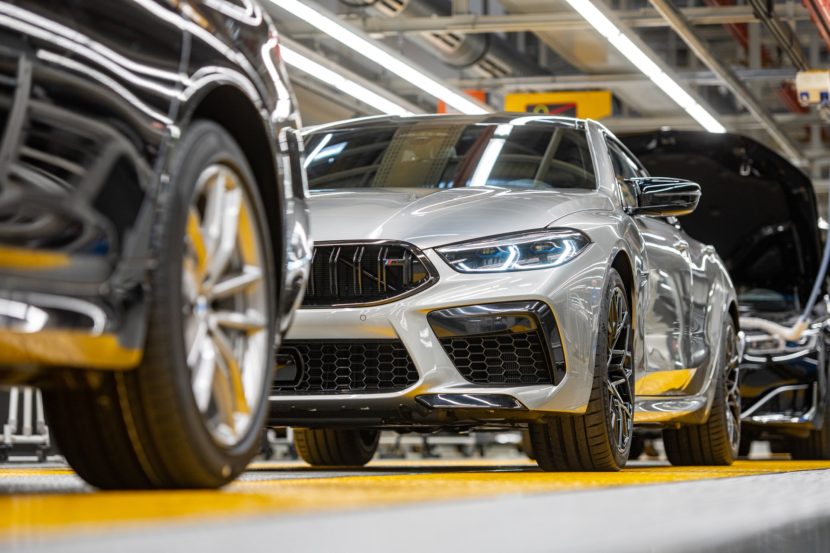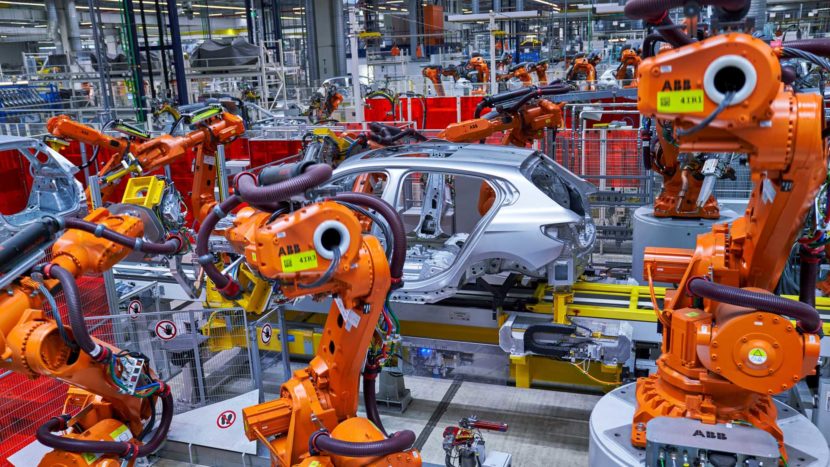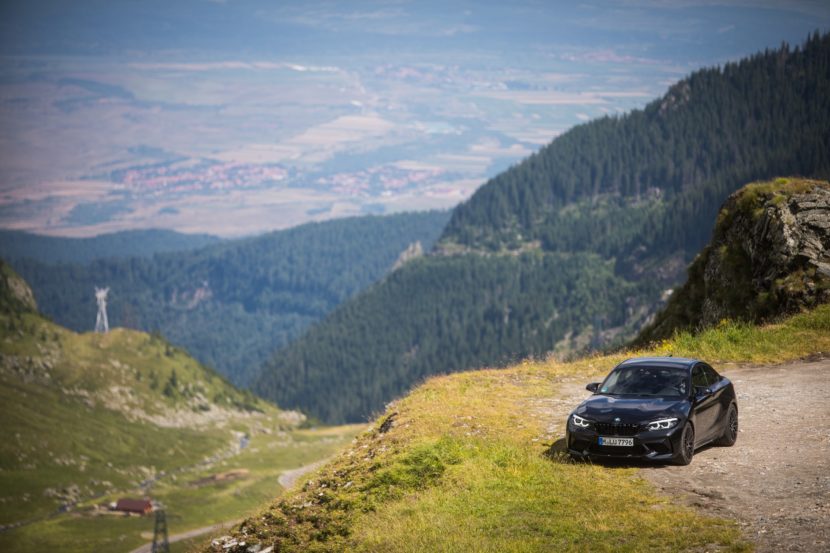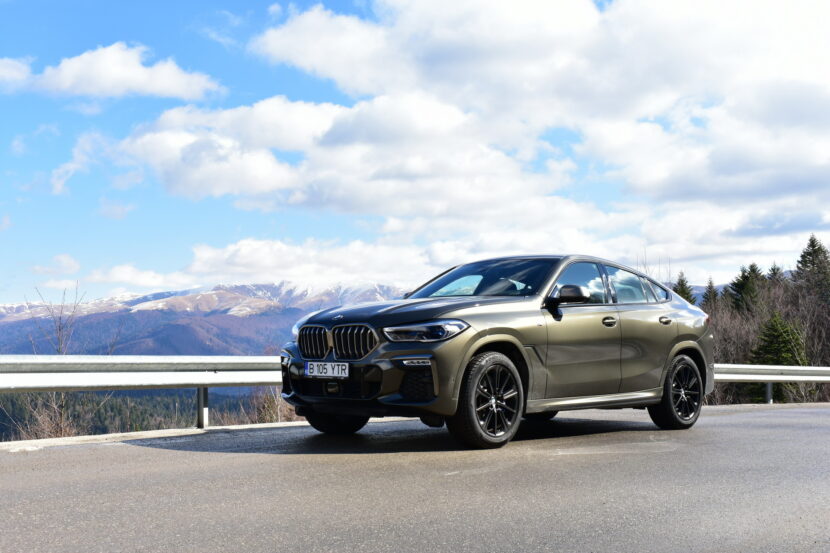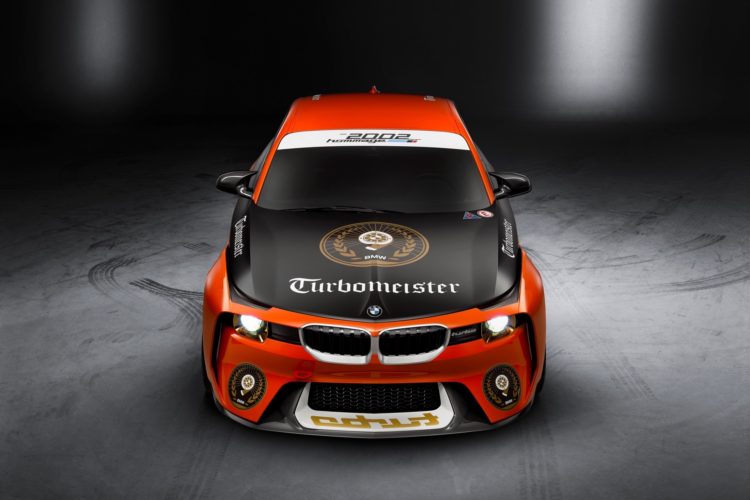Amid the outbreak of CoVID-19 pandemic and shifting future plans, BMW decided to postpone the construction of the Debrecen plant in Hungary until 2024. The current economic context, deeply impacted by the coronavirus “black swan” (a concept first introduced by statistician and essayist Nassim Taleb), companies in the automotive industry are changing their priorities and press the acceleration pedal on driving a cost reduction strategy and focusing more on the development of eco-mobility.
And so is BMW doing, after announcing the Q1 2020 financial results. Initially planning to start the construction of a new manufacturing facility in Debrecen, Hungary this year, the Munich-based constructor is now officially delaying the term until 2024.
BMW thus joins Mercedes-Benz and Audi in opening a production plant in Hungary. As part of the agreement and Memorandum of Understanding (MoU), the Hungarian Government led by Viktor Orban has assumed an investment of no less than EUR 390 million to improve and upgrade the transport infrastructure in the area.
The Hungarian plant was a long time coming, as BMW and the Hungarian Government have announced the construction since 2018, yet if it wasn’t for the CoVID-19 to trash the plans, construction would have eventually in Spring this year.
The Debrecen-located BMW plant would have a versatile production capacity of 150,000 units per year for ICE-powered and electrified vehicles on a single assembly line.
And now, my two cents on this aspect. Hungary is quite a privileged country, having built a powerful highway infrastructure ever since the fall of the communist regime back in 1990. Mercedes-Benz has been producing compact cars at Kecskemet since 2012 and even plans to build a new factory. Audi is also present as an automotive manufacturer, at Gyor since 1997.
Going Eastern, you find Romania, my native country that is quite at opposites with Hungary. While massively beautiful and certainly more plentiful in natural resources and geography, Romania has always suffered from a lack of vision, highway infrastructure and professional leaders.
I really feel that we could have had more well-prepared strategists and negotiators when BMW first thought about Romania as a location to build its first new European plant after 2005.
It feels painful to see such a major investment pass by, together with the firm commitment of both BMW and Hungary to successfully complete the facility at Debrecen.
Furthermore, there would be quite plenty of locations to choose from in Romania for their new factory. Western cities such as Timisoara, Arad and Oradea-Bors come to my mind, as they are 100 percent connected to the highway infrastructure and to major roads in Hungary.
Additionally, all cities are growing technology hubs and need even more investment to be carried out, more than Debrecen needs, for instance. Currently, a liberal government with greater vision is in charge of leading the country. It also has the full support of Romanian president Klaus Iohannis and also the backing of the right-oriented parliament parties.
Some cool footage of the BMW M5 Competition on a famous driving road
And lastly, Romania has skilled engineers and workforce, already benefits from a significant presence of automotive and automotive-related companies (Renault/Dacia at Mioveni/Pitesti area, Ford at Craiova and Mercedes-Benz Star Transmission at Sebes/Cugir). 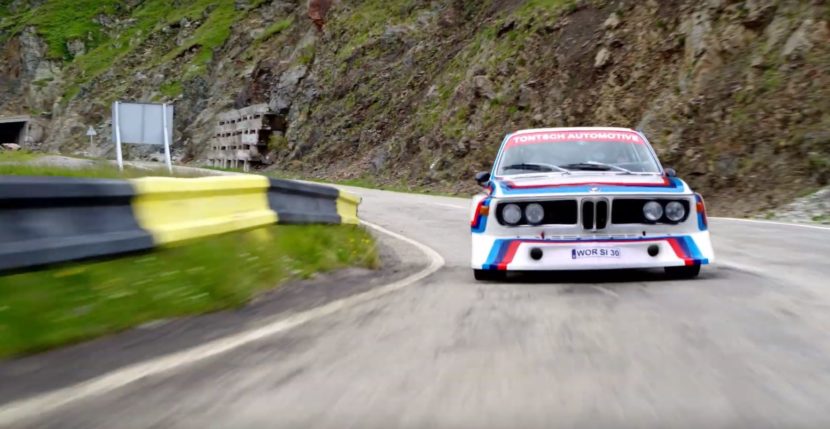
Here, in Romania, you also have easily the best driving road in the world, TopGear approved: the Transfagarasan or DN7C as it is officially named.
Could this change BMW’s mind? Likely not, but it is an alternative.


